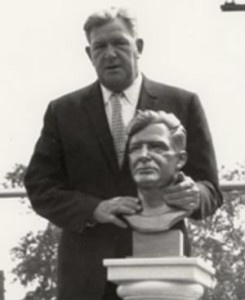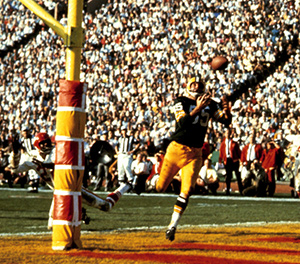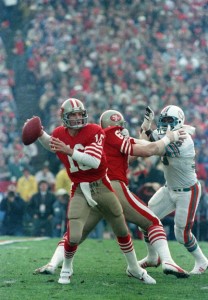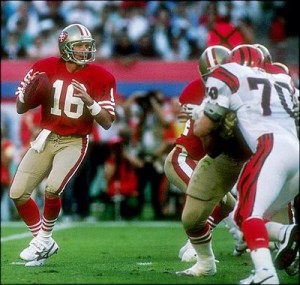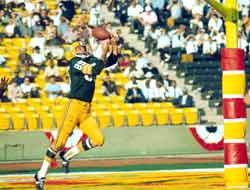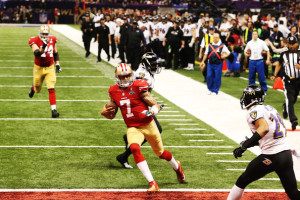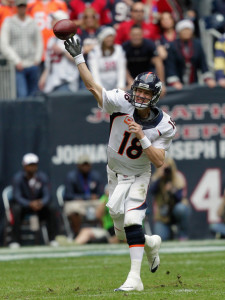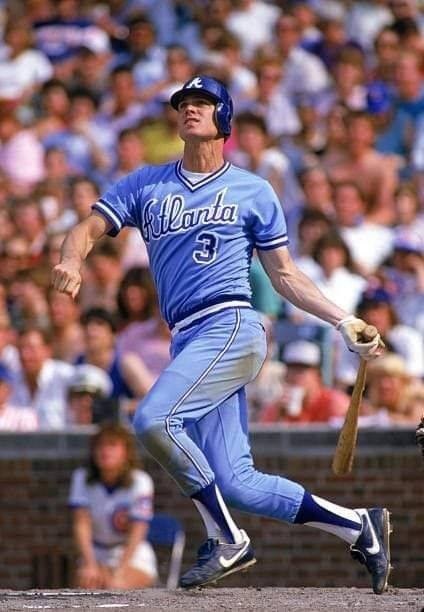June 11th – A Hall of Fame Birth Date 10
There aren’t many days that mark the birth date for multiple members of the Pro Football Hall of Fame, but June 11th happens to be one of them. In fact, three all-time legends were all born on the date: Ernie Nevers (1903), Vince Lombardi (1913) and Joe Montana (1956).
Ernie Nevers (1903-1976) – A member of first class of Pro Football Hall of Fame enshrines, Ernie Nevers was a five-time All-Pro in five seasons for the Duluth Eskimos and Chicago Cardinals. A college star at Stanford University, Nevers was part of the NFL in the early, less structured era. In 1926 he played both ways and was on the field for 1,714 of a possible 1,740 minutes during a 29 game schedule. Playing for the Chicago Cardinals in 1929, Nevers scored all 40 points (six touchdowns and four extra points) in a 40-6 victory over the Chicago Bears. In 52 official NFL games during his five seasons, Nevers scored 38 touchdowns, while also kicking 51 extra points and seven field goals for 301 career points. During his career, Nevers served as player-coach of both the Eskimos and Cardinals.
Vince Lombardi (1913-1970) – Known as one of the greatest coaches of all-time, Vince Lombardi actually had an interesting and storied journey in football even before leading the Green Bay Packers to five NFL titles in the 1960s. As a college player at Fordham University, Lombardi was one of the famous “Seven Blocks of Granite” on the front line. After coaching at the high school level, Lombardi spent time as an assistant coach at Fordham and Army before getting his first job in the NFL. He was a 41-year-old first-time NFL assistant with the New York Giants in 1954. He served as the offensive coordinator with future Dallas Cowboys coach Tom Landry leading the defense. The Giants won the NFL title in 1956 and lost to the Colts in the famous 1958 championship game. After being rebuffed for several college and pro coaching gigs, Lombardi took over the Green Bay Packers in 1959. In his first season, he led the Packers to their first winning record since 1947. The next year they lost to the Philadelphia Eagles in the NFL Championship Game. He went on to lead the Packers to five NFL Championships as well as victories in the first two Super Bowls. Lombardi retired as head coach of the Packers after the 1967 season, but returned to the sidelines in 1969 leading the Washington Redskins to their first winning season since 1955. He passed away from stomach cancer in 1970. He was inducted into the Pro Football Hall of Fame in 1971 and the Super Bowl trophy is named in his honor. Read the rest of this entry →
